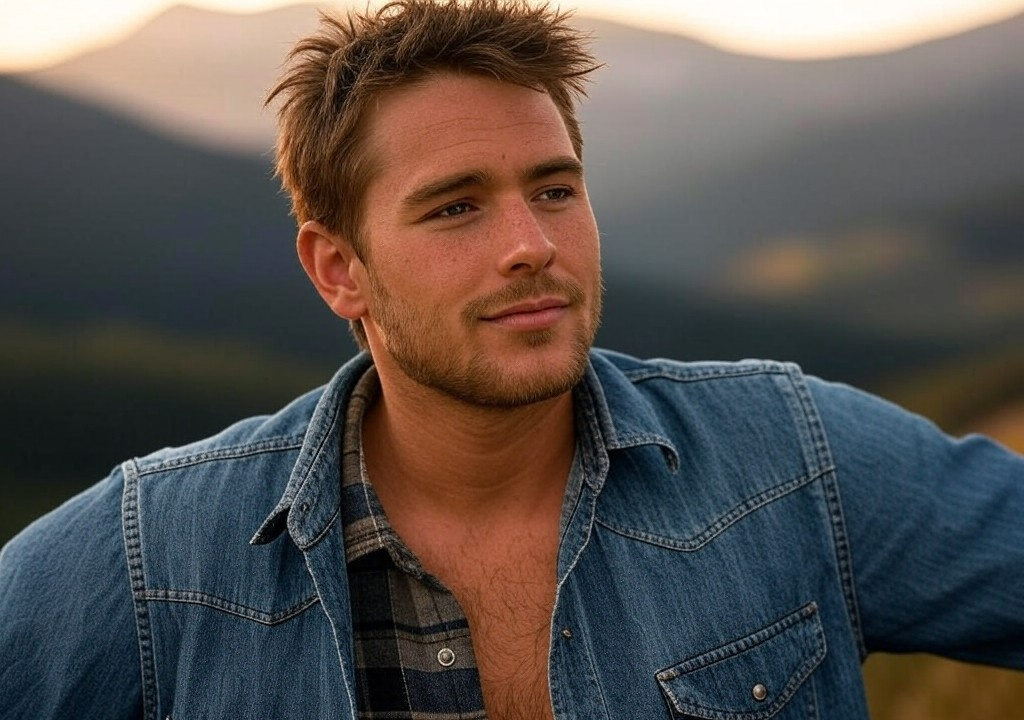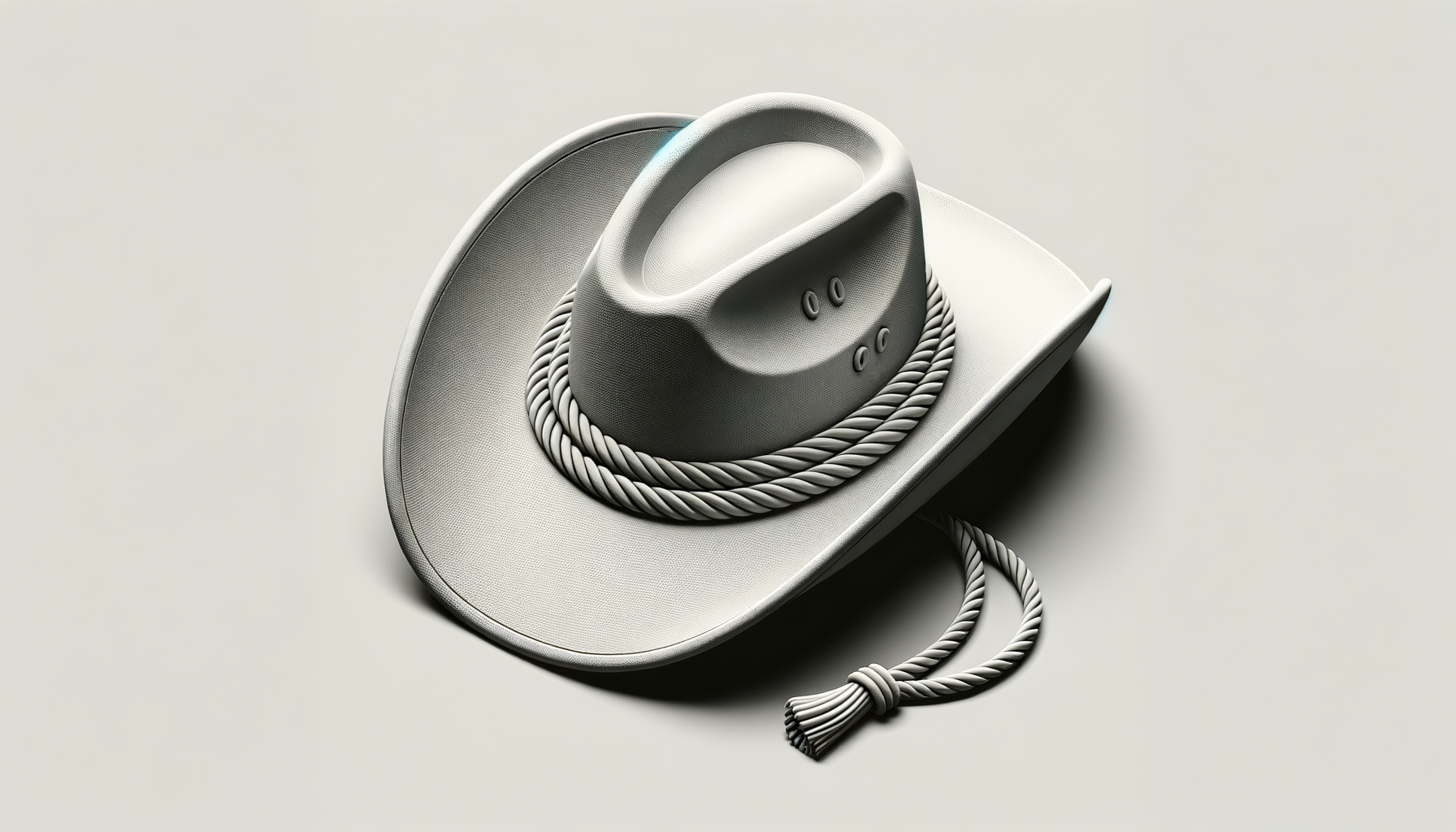There’s a picture of a mountain guide who once worked for my family. His name was Jules, and he had this battered cowboy hat that seemed to narrate its own mythology. It was stained with decades of sweat and scratched by branches he probably didn’t bother ducking under. Jules wasn’t a big talker—he spoke in grunts and clipped sentences, as though words escaped his lips only under duress. But for reasons I still can’t quite explain, he saw something in me when I didn’t see much in myself.
I was sixteen that summer, an awkward mix of too-tall and too-unsure. My main contribution to the family business involved saddling horses for tourists, pointing them toward the most visually impressive parts of Colorado, and answering questions like, “Will this horse bite me if I give it a granola bar?” (Answer: not immediately, but let’s avoid testing fate.) Jules, with his gravelly baritone and years of wisdom carved into his sunburned skin, was a legend among guides. People came to us hoping he’d be the one to lead their tour. I would’ve given my left arm to have even a scrap of his charisma.
One day, without warning, Jules leaned across the hitching post, jabbed a calloused finger in my direction, and said, “You. You’re comin’ with me.” No explanation. Just that. And suddenly, I was Jules’s shadow, riding alongside him on the trails instead of hanging back and tidying bridles.
That one summer taught me more about who I was than any course on self-discovery could. Here’s what Jules taught me, without ever really teaching me.
1. Let People Surprise You
The thing about Jules was that he rarely bothered with pleasantries. He wasn’t rude—he just didn’t waste words. This made his stories, when he did choose to tell them, feel like treasure chest finds. Mid-ride, he once pointed to a trail carved through the red dirt and grunted, “Built that when I was 21. Took three months.” I was stunned. Jules had always seemed like a man born fully cowboy—hat and boots included. But hearing about his younger self gave me a different perspective.
Here’s the thing: When we limit people to the surface of what we think we know about them, we write off their potential to surprise us. It’s the same in relationships. Early on, it’s easy to think you’ve got someone figured out—she’s into yoga and true crime podcasts, he’s got the same beard-trimming hobby as every guy on Instagram. But real connection comes from digging deeper, from asking questions that get to the hidden trails under their stories.
The next time you think you “get” someone too quickly, pause. What paths have they carved that you don’t even see yet?
2. Ashamed? Saddle Up Anyway
Jules had no patience for what he called “pity circling,” which was his term for stewing in self-doubt. One day, I accidentally led a group of riders the wrong way, down a near-washout trail that ended in an awkward U-turn for everyone involved (and a narrowly avoided confrontation with a cranky porcupine). I was mortified. As soon as we got back, I dismounted and started furiously untacking my horse, hoping to disappear into my own bubble of embarrassment.
But Jules leaned against the barn door and said, “Tomorrow. Same ride. You’re leading.”
I tried to explain why this was the worst idea in the history of bad ideas, but Jules just shrugged. “Everybody gets lost. Just ride again.”
Riding again is harder than it sounds. Whether in a dating context or just in general life humanness, failure tends to stick to us like burrs. Flub a first date or fumble a conversation, and suddenly you’re convinced you’re a walking rom-com cliché. But Jules was right. You don’t get to sit out forever just because you fell on your face. You saddle up, you try again, you move forward. Flirting with failure is inevitable; ignoring growth is optional.
3. There’s Respect in Effort
Once, Jules handed me a lasso and said, “Rope that fence post.” Spoiler alert: It took me about twenty attempts, and half of those ended with the loop flopping shamefully in the dirt. Jules didn’t say a word the entire time. He just waited, arms crossed, a faint smirk under his sun-bleached mustache. When I finally succeeded, he said, “Good. Do it again.”
What I realized later is that Jules didn’t care whether I roped the post on the first try. What mattered to him was my willingness to keep throwing. He respected the effort more than the outcome.
Dating, relationships, self-improvement—all of it, really—aren’t so different. Effort counts. A lot. Showing someone you’re invested, curious, or willing to learn about their quirks (even if it means watching a show you have zero interest in) builds respect faster than grand romantic gestures ever could. It’s about staying in the saddle, even on the days you’re sure you’ll never figure it out.
4. You Don’t Have to Be Loud to Be Seen
As someone who was never the loudest or most confident, I sometimes felt like I was blending into the background. Jules didn’t see me that way. Instead, he let me exist in my quieter moments but called attention to the strengths I couldn’t acknowledge in myself. He’d watch me steady a nervous horse or calm a jittery tourist and then say later, “That was good work. You got patience—not everybody’s got that.”
What Jules taught me is that being “seen” doesn’t require dramatic overhauls of your personality. You don’t need to transform into the life of the party or force moments that don’t feel like you. Being seen is about confidence in the quiet—letting what comes naturally shine through. The right people will notice in their own time.
5. Real Mentors Don’t Walk Away
By the time I left for college, Jules had softened just enough to tell me, in his gruff way, that I’d “turn out okay” someday. For Jules, that was practically a Hallmark card. When I came back years later and told him I’d started writing, he looked at me, tipped his hat back, and said, “Figured as much. Always knew you were lookin’ for stories out here.”
Looking back, I think Jules saw me because he knew what it felt like to have someone see him when he wasn’t sure who he was yet. That kind of attention has a ripple effect. It’s why now, in my work and in my relationships, I try to pass on what Jules gave me—the belief that sometimes we just need someone to pull us out of our own orbit, to say, “Follow me, you’ll see.”
We all have our Jules, don’t we? Someone who called us out—gently or otherwise—when we were stuck in the loop of our own self-doubt. If you haven’t found yours yet, here’s the good news: mentors, friends, partners—these people cross your path when the timing’s right, like signposts on a winding trail. When they appear, hold onto those moments. They’re more valuable than gold.
So here’s to the people who see us before we see ourselves. May we be mirrors for each other in all the ways that matter. And may our paths, though winding, lead us where we’re meant to be.




















